detail profile miralem zup c4 8devi c4 87
Peran Yang Di Mainkan Miralem Zupčević
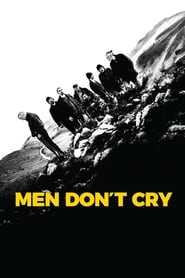 The armed conflicts of the 1990s...
The armed conflicts of the 1990s...Men Don't Cry 2017
The armed conflicts of the 1990s not only visibly destroyed the land of the former Yugoslavia, but also left the deepest wounds in the memory of each of its belligerent nations. There are as many different interpretations of that bleak past as there are countries affected. It is therefore hard to expect absolute harmony when, less than two decades since the war ended, a diverse group of veterans gathers at a remote mountain hotel for a therapy session over several days. On the contrary, such a dangerously volatile situation can suddenly ignite by just one thoughtless word, or a seemingly dirty look. That’s because the former soldiers, obstinately holding on to their fundamental masculinity and their prejudices, refusing to expose the inhumanity of the atrocities perpetrated. However, this quietness is just about to be broken and hidden emotions are to be faced.
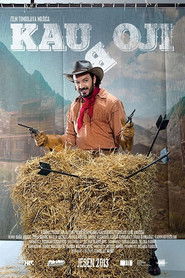 Six men one woman and her...
Six men one woman and her...Cowboys 2013
Six men, one woman (and her brother) come together with one goal - to make the play. It would be probably another common story that this theater group is composed of anti-heroes who float lost in time and space, in a town where it seems that the sun sets in the east. Led by Sasha, a director who has recently returned to his hometown, this group of socially neadaptiranih amateurs starting the fight to their demons and the prejudices that surround them in the society. For dramaturgical template selection western and riding on stereotypes of the genre of the struggle between good and evil, the conflict between civilization and wilderness, the protagonists develop their life stories inevitably influencing and changing each other. Although, as time passes, the show looks increasingly like a mission impossible, almost all of its stakeholders is increasingly seen as a metaphor for their fate and get caught for it as the opportunity of a lifetime .
 A microcosm of the fathomless suffering...
A microcosm of the fathomless suffering...Children of Sarajevo 2012
A microcosm of the fathomless suffering that remains more than 16 years since the siege of Sarajevo ended, writer-director Aida Begic’s follow-up to her 2008 Cannes Critics’ Week Grand Prize-winning debut Snow tells the story of two orphaned siblings struggling in a transitional society where only the fittest survive.
 Bosnia and Herzegovina 1991 After the fall...
Bosnia and Herzegovina 1991 After the fall...Cirkus Columbia 2010
Bosnia and Herzegovina, 1991. After the fall of the communists, Divko Buntić, who has lived in exile in Germany for the past twenty years, returns to the village where he grew up, intent on reclaiming ownership of his family home, driving a swanky Mercedes and accompanied by his young bride; by Bonny, his lucky black cat; and with pockets full of money.
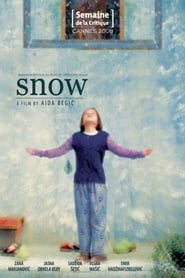 The daily hardships of a warscarred...
The daily hardships of a warscarred...Snow 2008
The daily hardships of a war-scarred Bosnian village, where all that remains are widows and orphans, are painstakingly documented in this first feature from director Aida Begic. Snow offers insight about the psychological aftereffects of the 1992-95 civil war from a distinctively female point of view without showing any of the brutality or carnage.
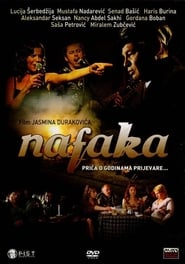 Sarajevo 1992 They are called Ahmed Lana...
Sarajevo 1992 They are called Ahmed Lana...Nafaka 2006
Sarajevo, 1992. They are called Ahmed, Lana, Sado, Saba, Sahbey, Beba, Nemanja, Marx, Matan. They live in and between wartimes. They have "nafaka", the destiny which was bestowed on them by God Almighty. They have enough gallows humor and courage to believe in freedom and happiness.
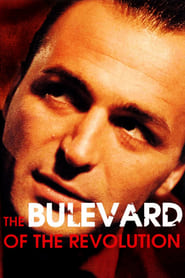 A love story between a teenager...
A love story between a teenager...Boulevard of the Revolution 1992
A love story between a teenager girl and a small time mob set in Belgrade during the times of great political turmoil.
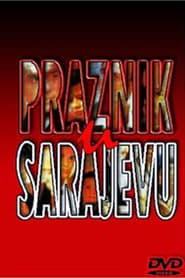 A group of thieves return from...
A group of thieves return from...Holiday in Sarajevo 1991
A group of thieves return from Western Europe to Sarajevo during Christmas and New Year holidays. Back home they meet some old friends, their families, their lovers, but they also have to ...
 Jozo and Mujo are mobilized in...
Jozo and Mujo are mobilized in...Spite 1988
Jozo and Mujo are mobilized in the Austro-Hungarian Army. Reluctantly drawn into the war they make a bond of unbreakable friendship. To realize the plan to leave hated Army, Jozo are pretending to be deaf and dumb. But his firm determination comes into question when his friend's life comes into mortal peril.
 Summer of 1972 a small group of...
Summer of 1972 a small group of...Open Space 1985
Summer of 1972, a small group of fanatical Croatian nationalists, trained and equipped by extreme emigrant organizations, infiltrated the territory of former Yugoslavia with intent to organize an uprising against Tito's regime. This series, very loosely based on true events, depicts the manhunt that followed.
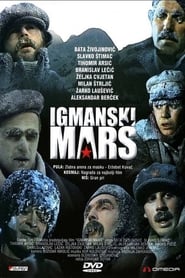 The story of a forced march...
The story of a forced march...The Igman March 1983
The story of a forced march of the first proletarian shock brigade during World War II.
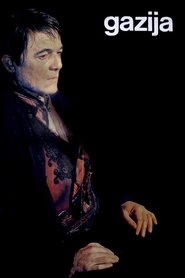 Gazija are military men who patrol...
Gazija are military men who patrol...Gazija 1981
Gazija are military men who patrol the boundaries of the Ottoman Empire in mid-18th century. One such man has trouble reconciling times of peace with his Gazija standing.
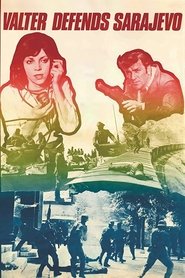 Sarajevo 1944 The German armies desperately need...
Sarajevo 1944 The German armies desperately need...Walter Defends Sarajevo 1972
Sarajevo 1944. The German armies desperately need fuel in the retreat. Walter, the enigmatic and charismatic leader of the resistance movement, can endanger their supplies. The Germans are taking a cunning plan to remove that obstacle.
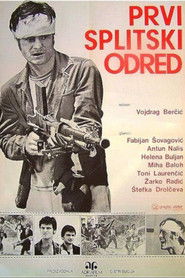 A Partisan unit goes into battle...
A Partisan unit goes into battle...1st Split Detachment 1972
A Partisan unit goes into battle with the enemy twice stronger, somehow resists detachment to attack deep into the night, where the fraud are captured combatants from all units and thrown to the terrible torture and eventually murder.
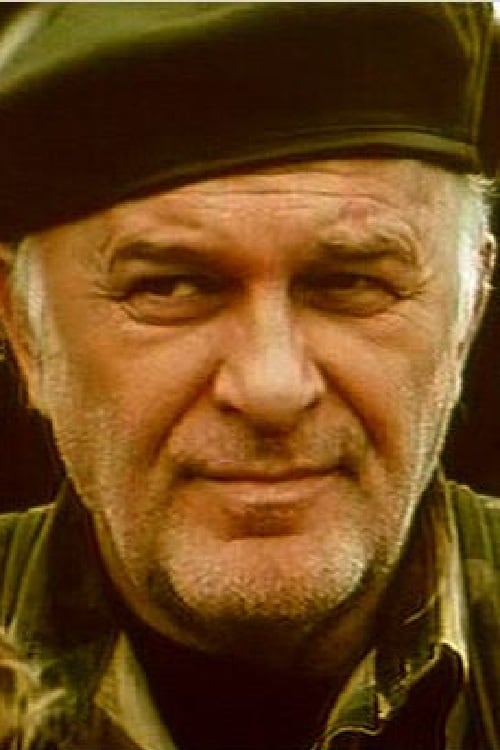
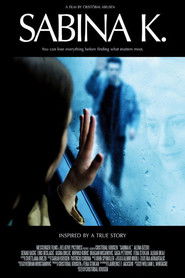 Sabina a divorced mother of two...
Sabina a divorced mother of two...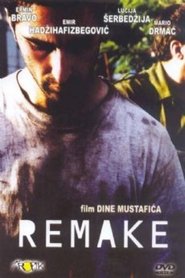 This film follows father Ahmed and...
This film follows father Ahmed and... Dado Bratovic is comicstrip artist from...
Dado Bratovic is comicstrip artist from...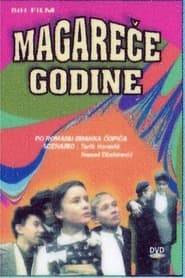 Adaptation of the highly popular childrens...
Adaptation of the highly popular childrens...